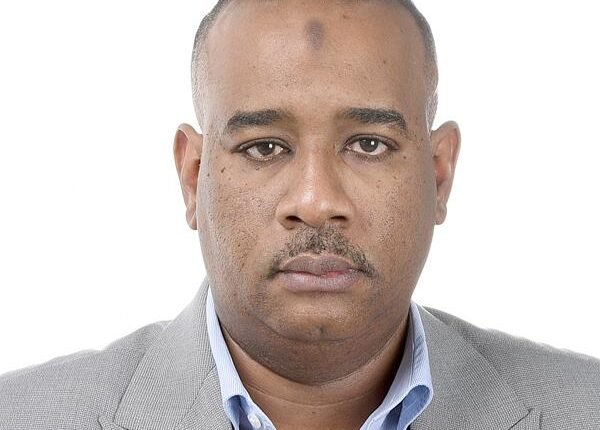When the Forces of Political Fiasco Speak on Behalf of Sudan!!

By Muhannad Awad
In a step that lacks wisdom and reflects a deep crisis in political understanding, a group of figures affiliated with the Forces of Freedom and Change (FFC)– Central Council sent a letter to the UN Secretary-General, António Guterres, criticising the performance of his personal envoy to Sudan, Mr Ramtane Lamamra, and explicitly calling for his dismissal and replacement.
It appears this move is nothing more than a reaction of political frustration toward an envoy who did not submit to the dictates of a group that believes itself the sole guardian of Sudan’s political decision-making.
The letter was signed by a number of individuals, most notably from the political side: Yasser Arman (Sudan People’s Liberation Movement – Democratic Revolutionary Current), Siddiq Al-Sadiq Al-Mahdi (National Umma Party), Asmaa Mahmoud Taha (Republican Party), Wajdi Saleh (Baath Party), and Omer Gamar Eldin (former Minister of Foreign Affairs in the FFC government), also includes former diplomats, academics, and activists from civil forces that still consider themselves “spokespersons for the revolution” – although reality has moved beyond them. These individuals possess neither a mandate nor popular support, were never elected nationally, and represent only themselves and those behind them.
Notably, the attack on Mr. Lamamra is not based on a professional assessment or careful review of his performance but appears to be an emotional reaction because he did not repeat the behaviour of his predecessor, Volker Perthes, who, during his tenure, became almost a spokesperson for the Forces of Freedom and Change – abandoning his role as an independent UN envoy, and engaging in a closed, exclusionary political process that ultimately led to political deadlock and comprehensive collapse. Perthes ignored state institutions, sidelined the army, and aligned with a single political current, exacerbating tensions and contributing indirectly to Sudan’s current conflict.
In contrast, Ramtane Lamamra – the well-known Algerian diplomat – arrived with a calm, professional approach, treating all parties equally, including the internationally recognised Sudanese government. He did not grant political privilege to civilian forces that had lost their influence, nor did he adopt their rhetoric. Instead, he maintained balance and focused on clear priorities: stopping the war, supporting the national state, and avoiding the creation of parallel authorities in exile. This is what angered them – not any alleged weakness in performance, but rather his refusal to serve as their tool, as they had hoped and as Volker had done.
Algeria, Lamamra’s home country, has taken a principled stance supporting Sudan’s unity and rejecting any intervention that undermines its institutions. Thus, this attack on Lamamra can also be understood in a broader context as political dissatisfaction with the alignment between Algiers and Khartoum, in contrast to the deterioration in relations between the FFC and influential countries that once supported them.
Procedurally speaking, their letter carries no legal weight and does not bind the UN in any way. It is clear that the aim is not to improve the political process but to pressure the replacement of a figure who did not side with them in a bid to regain their lost privileges via international channels. This is domestic political posturing aimed at repositioning themselves in a political scene the Sudanese street has already moved past.
What these individuals refuse to acknowledge is that Sudan is not a stage for their political performances and that the UN Secretary-General’s envoy is not meant to be a delegate of political forces that have repeatedly failed in managing the transition. Despite all challenges, Ramtane Lamamra remains, so far, the most balanced and independent envoy on the Sudan file and the most capable of dealing with reality as it is, not as pressure circles wish it to be.
Most importantly, those who will govern Sudan are not determined by letters sent to New York nor by reports written in opposition rooms abroad, but by national will, state sovereignty, victory over rebellion, and the creation of a new political environment that rebuilds Sudan on realistic foundations.
As for those calling for internationalisation and foreign intervention, they will only bring further fragmentation to Sudan. The Sudanese people, now that masks have fallen, are more entitled to lead the genuine peace project themselves – not through foreign instruments. And those who can only complain are not fit to be partners in building the future.
Shortlink: https://sudanhorizon.com/?p=6005

